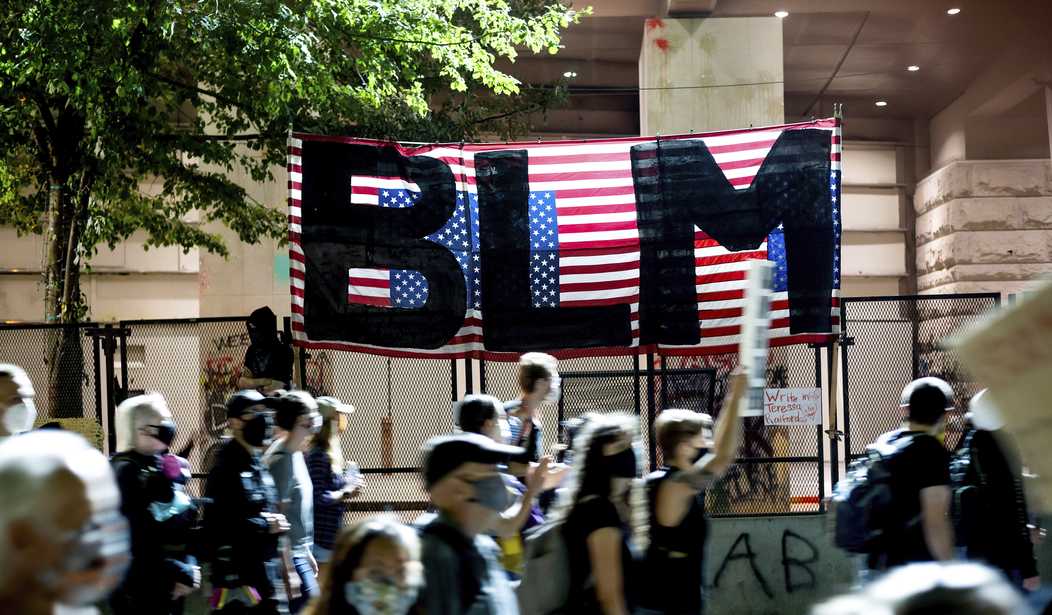Evanston, Ill., is a suburb of 75,000 residents directly north of the city of Chicago. Aside from being the home of Northwestern University and the birthplace of dozens of famous actors, including Bill Murray, the city is known as just an extension of Chicago.
Now, Evanston will be known as the first city in the country to offer reparations to black people. The Evanston City Council will vote on March 22 to finalize a plan that was approved by voters in 2019 offering reparations to black people for “historical racism and discrimination.”
What’s curious about this plan is that nowhere does it say anything about slavery. The $10 million to be disbursed over the next 10 years — funded by voluntary contributions and a 3 percent tax on recreational marijuana sales — will go toward righting historic wrongs brought about by racism, not as compensation for being held in bondage.
“Reparations is the most appropriate legislative response to the historic practices and the contemporary conditions of the Black community. And although many of the anti-Black policies have been outlawed, many remain embedded in policy, including zoning and other government practices,” said Robin Rue Simmons, an alderman in Evanston’s 5th Ward, who introduced the legislation.
Under the program’s first phase, qualifying residents would get $25,000 to use toward homeownership, home improvement and mortgage assistance, Simmons said. To qualify, residents must either have lived in or been a direct descendant of a Black person who lived in Evanston between 1919 to 1969 who suffered discrimination in housing because of city ordinances, policies or practices.
While Evanston passed a fair housing ordinance in 1969, redlining and overt discriminatory housing practices were sharply evident for years afterward.
Some blacks say the program shouldn’t be referred to as “reparations.”
The group, called Evanston Rejects Racist Reparations, said in a Facebook post that the “current bill proposed by the city of Evanston never went through a racial equality, anti-capitalist process. As a result, historically racist financial institutions like banks, corporations and various individuals, will profit from this proposal. Reparations should not be monetized.”
It added: “We are demanding a name change to the current proposal. The current proposal is inherently anti-Black, and we reject this bill as any form or reparations.”
Larry Elder has penned a three-part critique that appeared in PJ Media, on how reparations would be devastating, in simple, relentless logic. “Reparations is the extraction of money from people who were never slave owners to be given to people who were never slaves,” he told the House Committee on the Judiciary’s Subcommittee on the Constitution, Civil Rights, and Civil Liberties, which is considering a bill to form a commission to examine the reparations question.
Elder nailed it. My family didn’t even come to America until the 1880s. That’s why reparations have become shorthand for payouts to correct “injustices,” including slavery. The argument being advanced by the so-called civil rights lobby is that slavery is only part of the equation. Other “injustices” led to money being taken out of the pockets of black people.
My grandfather kept a sign from his youth that read, “No Irish need apply,” which was a common sight at the turn of the 20th century. When do I get my reparations for that “historical injustice”?
I’m not serious, of course. And certainly, blacks have suffered from racism and oppression ever since slavery ended. But what is perhaps most objectionable about the idea of reparations is that it finds an entire race of human beings guilty. Why should I be held liable for the actions of a banker who refused to give a loan to a black homebuyer because of “redlining” just because I’m white? It defies logic and decency to finger the entire white race and declare them “guilty.”
Collective guilt is immoral. And the way that the reparations argument is being framed suggests that every white person is guilty until proven he’s even more guilty. Then, he’s canceled.
It’s not a question of being “fair.” In fact, reparations are gleefully embraced as being decidedly unfair. You can couch the concept in glorious, flowing language but that’s done only to hide the maddening unfairness of it.










Join the conversation as a VIP Member